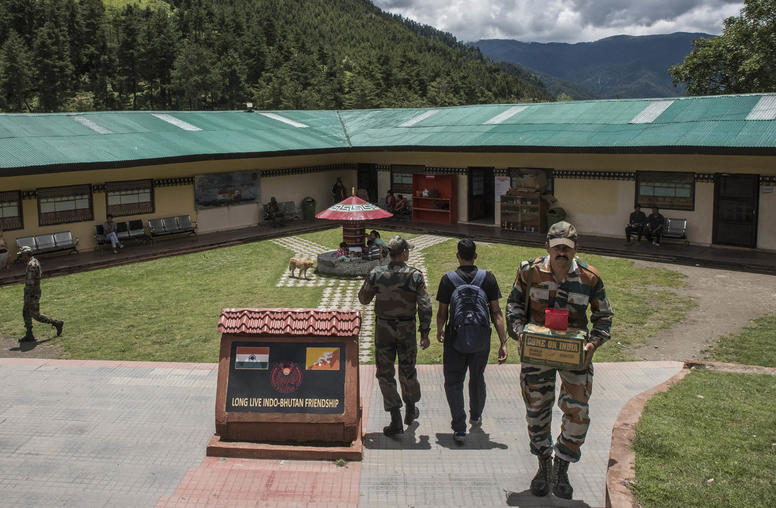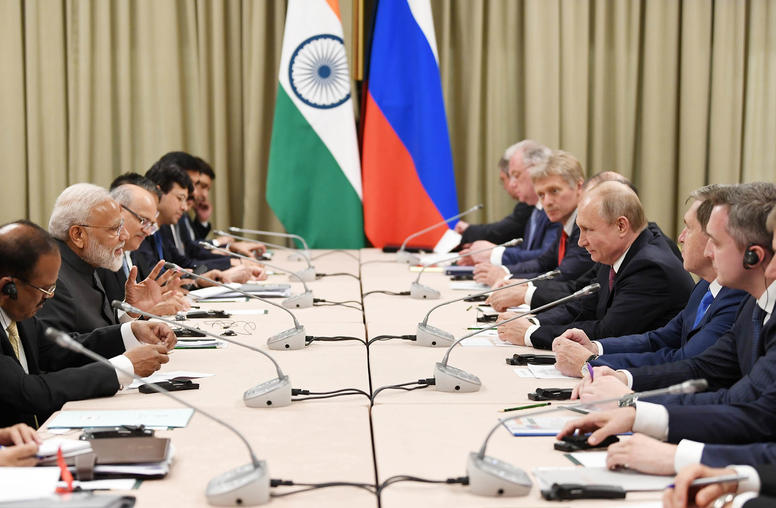The Trajectory of India-Russia Ties Amid the War in Ukraine
A Conversation with Ambassador Pankaj Saran
For decades, India and Russia have enjoyed positive bilateral relations, strong arms trade and expanding diplomatic cooperation across a wide breadth of issues. However, Russia’s war in Ukraine has exposed challenges in its defense production sector and alienated Moscow from the broader international community, posing challenges to its relationship with New Delhi. And as the United States and India seek to expand their relationship across the defense, diplomatic and political spheres, New Delhi’s commitments to Moscow have become more closely scrutinized since Russia’s full-scale invasion two years ago.
Join USIP for a conversation with Pankaj Saran, India’s former deputy national security advisor and former ambassador to Russia, that will examine the strengths and challenges of the India-Russia relationship two years into Russia’s war in Ukraine and the implications for the trajectory of U.S.-India relations.
Speakers
Ambassador William B. Taylor, welcome remarks
Vice President, Russia and Europe, U.S. Institute of Peace
Ambassador Pankaj Saran
Former Indian Deputy National Security Advisor
Wess Mitchell
Senior Advisor, Russia and Europe, U.S. Institute of Peace



